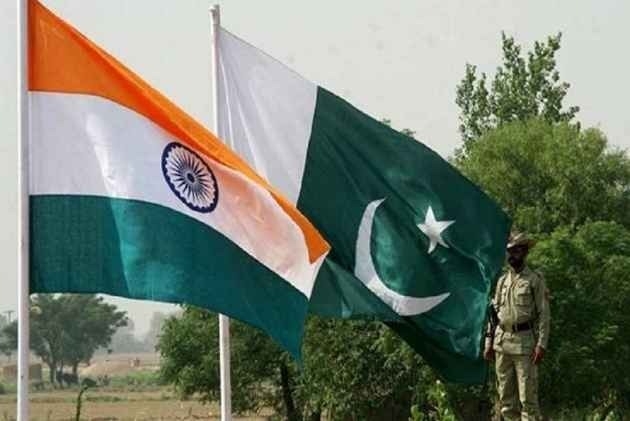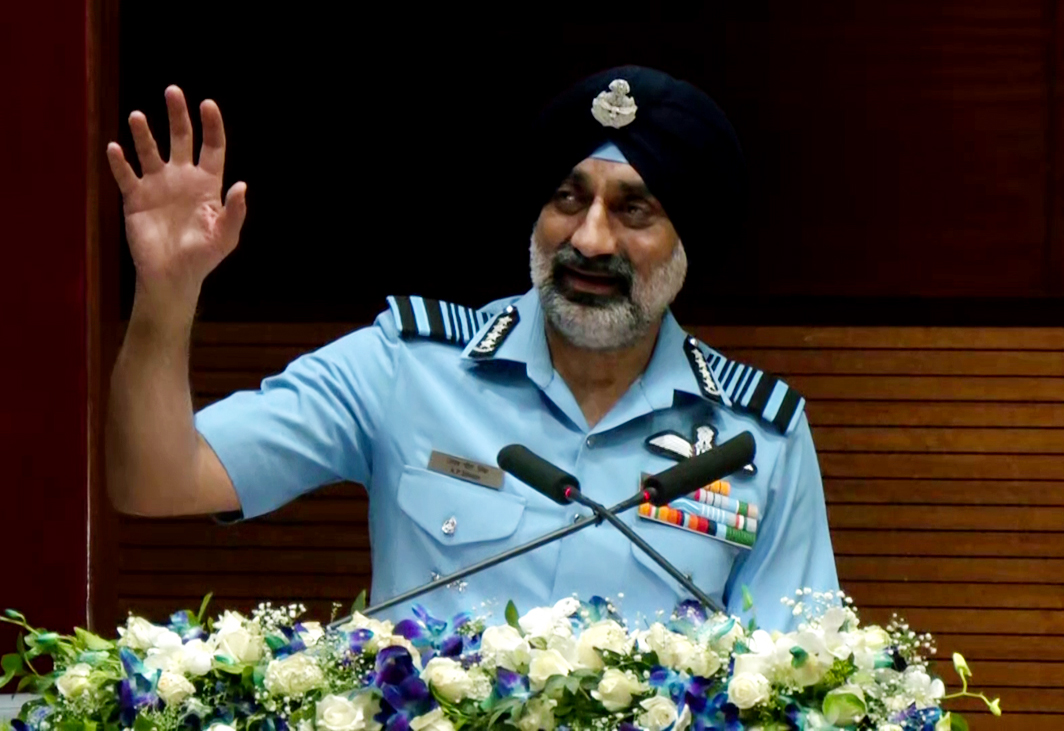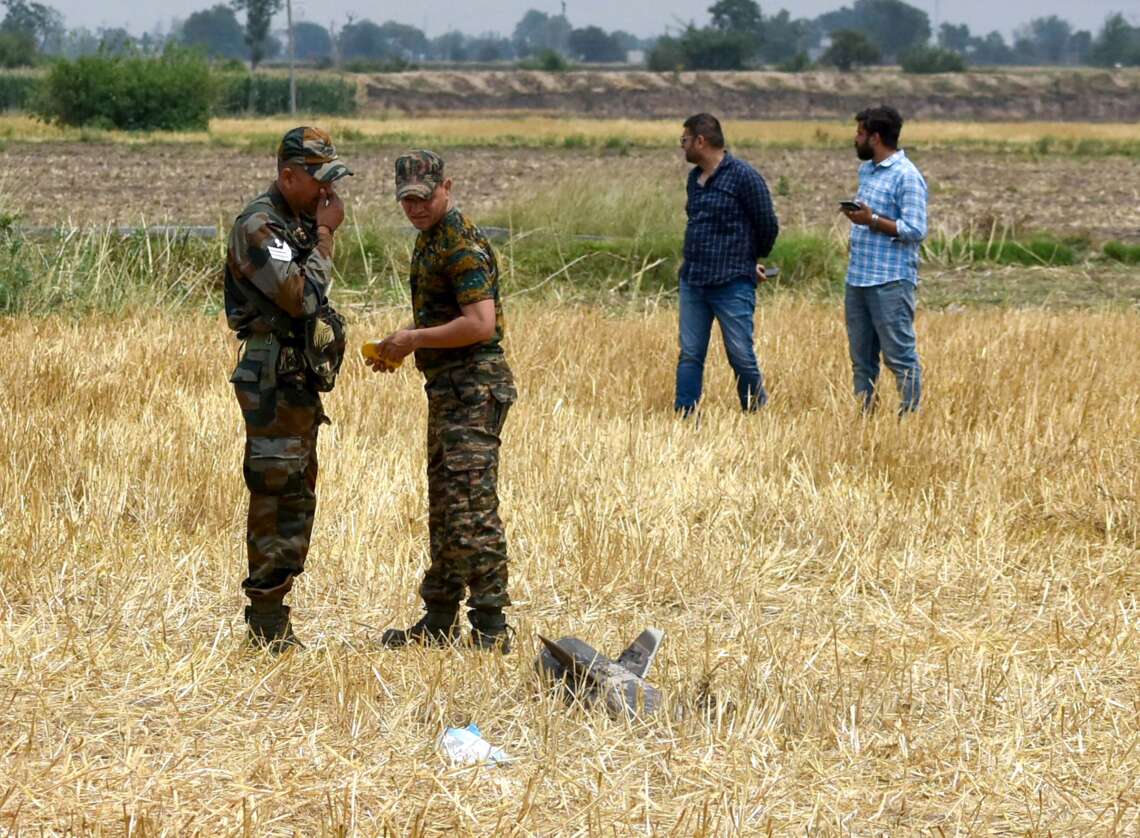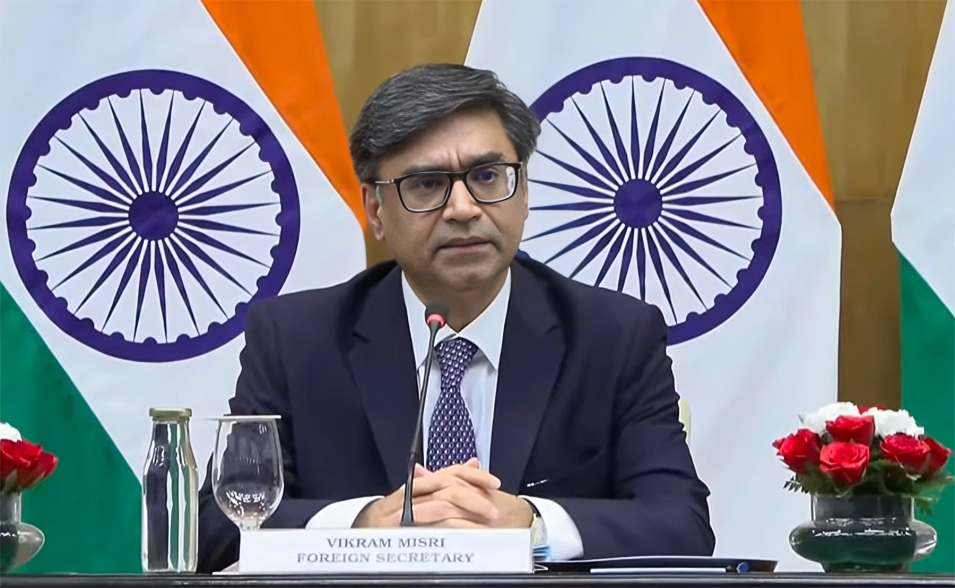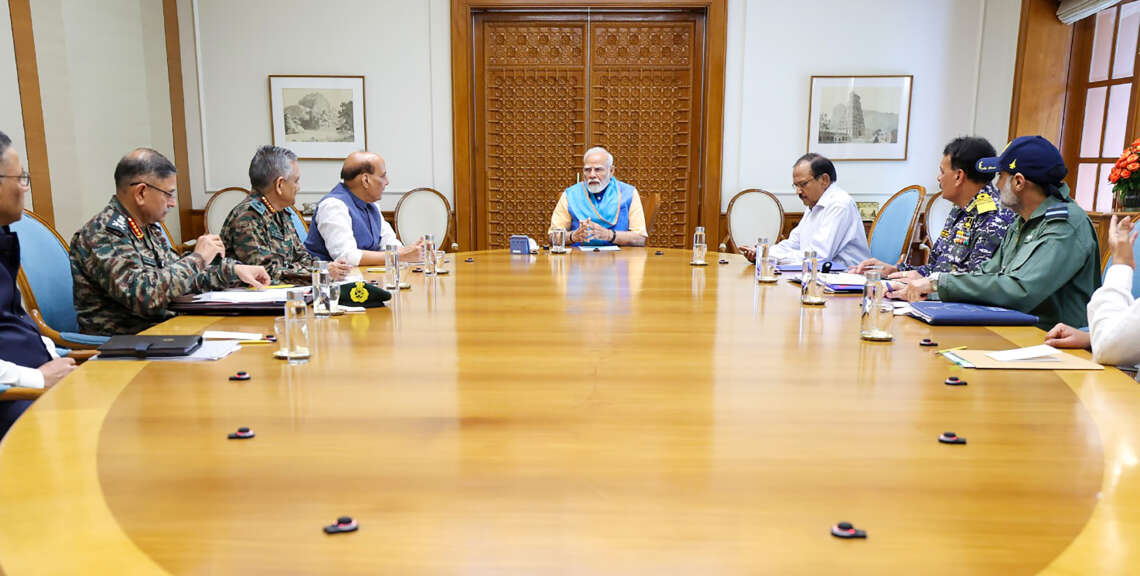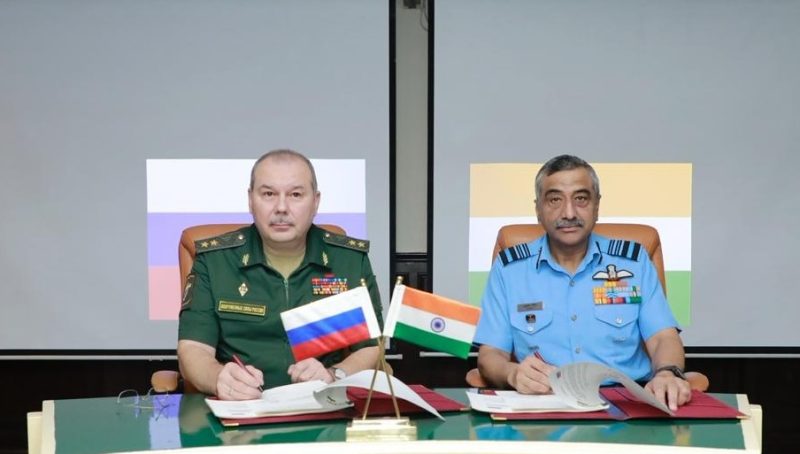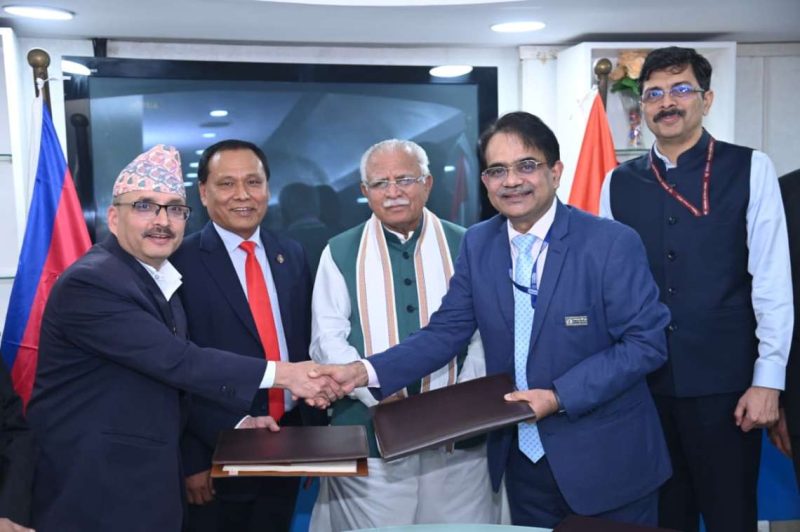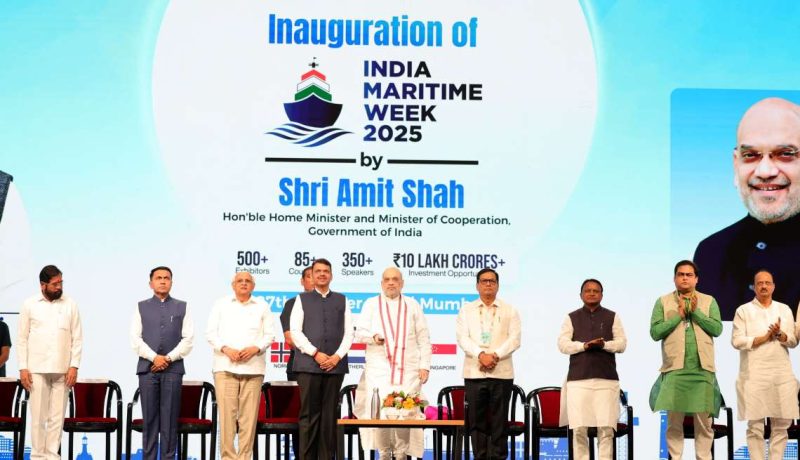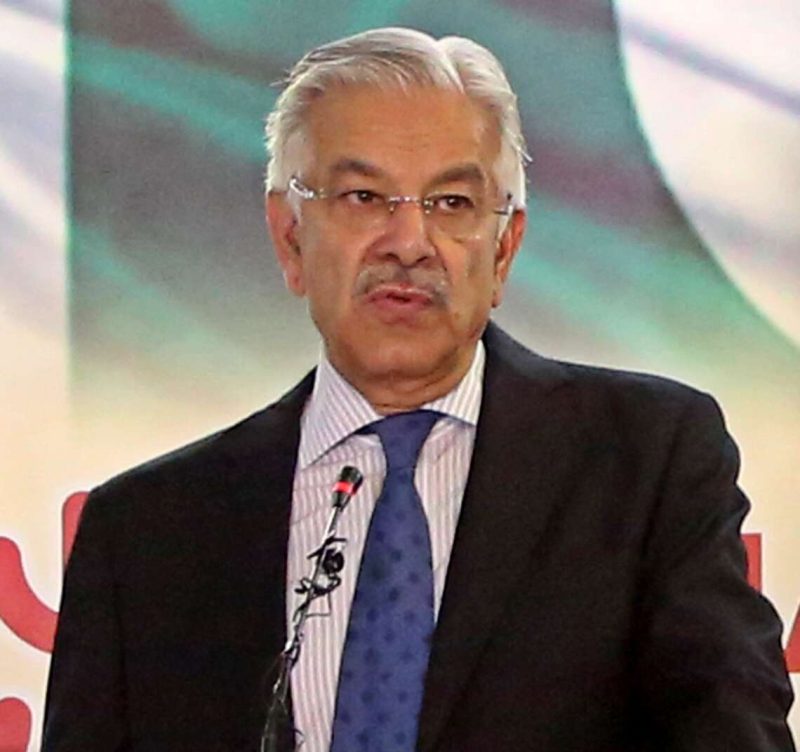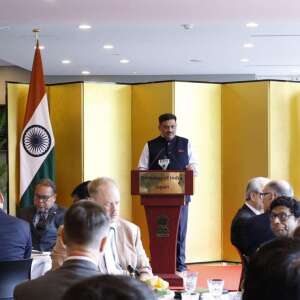While Trump did not provide details about the backchannel negotiations, US Secretary of State Marco Rubio released a statement crediting himself and Vice President JD Vance for personally conducting the talks.
India and Pakistan have agreed to halt all military operations across land, air and sea from 5 PM IST on Saturday, marking a significant step towards de-escalation after weeks of intensifying hostilities. The ceasefire announcement came shortly after US President Donald Trump declared that both nations had agreed to a “full and immediate” halt in fighting.
In a brief statement to the media, Foreign Secretary Vikram Misri confirmed that the Directors General of Military Operations (DGMOs) from both sides held a direct conversation at 3:35 PM and agreed to implement the ceasefire beginning two hours later. “Instructions have been given on both sides to give effect to this understanding,” Misri said. The two senior military officers are set to speak again on May 12 at noon.
The breakthrough appears to have been facilitated by intense American diplomacy. President Trump, writing on his social media platform Truth Social, said, “After a long night of talks mediated by the United States, I am pleased to announce that India and Pakistan have agreed to a full and immediate ceasefire. Congratulations to both Countries on using Common Sense and Great Intelligence.”
While Trump did not provide details about the backchannel negotiations, US Secretary of State Marco Rubio released a statement crediting himself and Vice President JD Vance for personally conducting the talks. “Over the past 48 hours, Vice President Vance and I have engaged with senior Indian and Pakistani officials,” Rubio said, naming Prime Ministers Narendra Modi and Shehbaz Sharif, External Affairs Minister S. Jaishankar, Pakistani Army Chief Asim Munir, and National Security Advisors Ajit Doval and Asim Malik as part of the negotiation process.
Rubio added that both countries had also agreed to initiate discussions on a “broad set of issues” at a neutral venue. “We commend Prime Ministers Modi and Sharif on their wisdom, prudence, and statesmanship in choosing the path of peace,” he said.
The ceasefire comes after a particularly tense period marked by India’s launch of Operation Sindoor, following a deadly terror attack in Pahalgam, and retaliatory strikes that threatened to spiral into wider conflict. The US had been urging both sides to de-escalate over the past week, with back-to-back calls between top leaders in Washington, New Delhi, and Islamabad.
This development has been met with cautious optimism, with international observers hopeful that the ceasefire holds and lays the groundwork for sustained dialogue between the two nuclear-armed neighbours.


